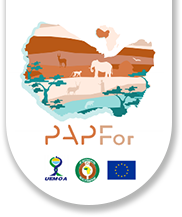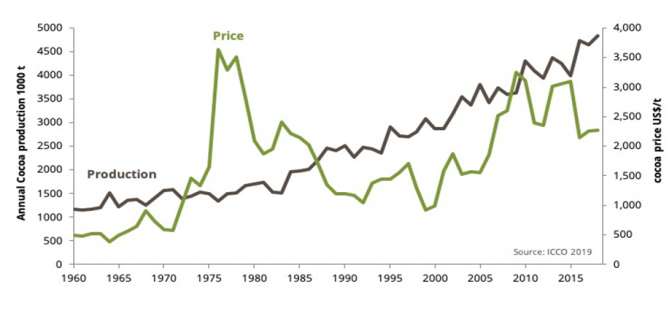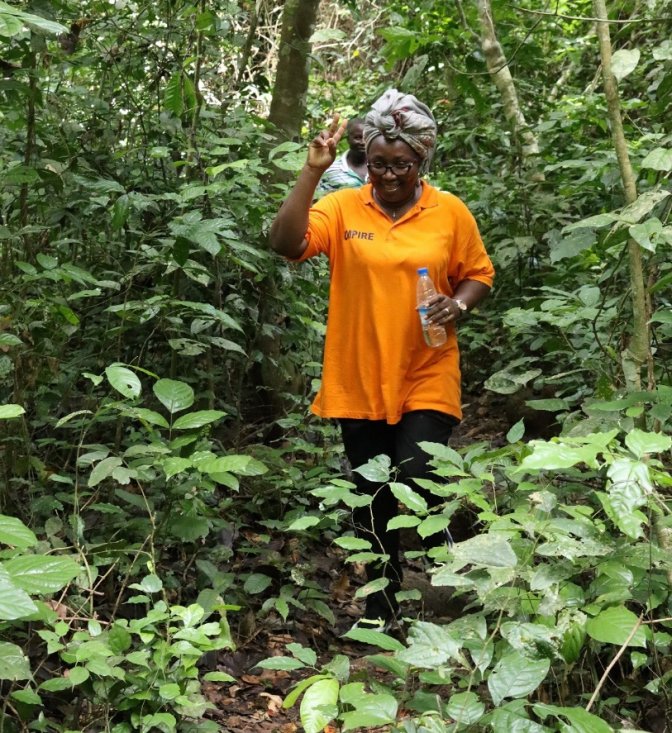Home / News / Working together on cocoa issues in West Africa
Working together on cocoa issues in West Africa
Did you know that 70% of the world’s cocoa is produced in West Africa? The continuous increase in cocoa production (from 1 million tonnes a year in 1960 to more than 4 million tonnes today) may be good news for chocoholics, but it is not so good for Guinean forests: a significant portion of the 6 million hectares dedicated to cocoa production in West Africa has replaced natural forests.
All the PAPFor landscapes are located in areas where cocoa is produced and four of them are working actively on problems linked to the growth of cocoa production.
Working with the West Africa Biodiversity and Low Emissions Development (WABiLED) programme, PAPFor’s Regional Coordination team therefore organised a workshop on 8 June with nearly 50 participants to discuss challenges and possible solutions to improve field interventions and promote sustainable and environmentally friendly cocoa production.
After a general introduction to the topic by WABiLED, participants followed presentations about different activities related to cocoa in the Gola-Foya, Wologozi-Wonegizi-Ziama, Taï-Grebo-Sapo and Cross River landscapes, as well as a presentation about a cocoa sector programme financed by the Delegation of the European Union in Liberia.
It emerged from the workshop that cocoa development is both a threat and an opportunity for the conservation of Guinean forests. It can be a threat, especially if growth in the sector takes place on the basis of clearing new forest land, without a land-use plan and without accompanying measures on the proper use of inputs and pesticides; but it can be an opportunity if old plantations are developed, and if the cocoa varieties used are suitable for cultivation in shade and using "clean" techniques, in an appropriate agroforestry system. Different options are available to ensure that communities that commit to respecting biodiversity, notably through certification, can gain a more stable and fair income.
The workshop ended by identifying issues that need to be developed further and proposing a two- to three-day regional meeting that would bring together all stakeholders. The meeting opened the way to further analysis of the topic and decisions on concrete measures where everyone commits to a win-win solution: sustainable cocoa production from which communities also benefit and which does not come at a cost to Guinean forests.
The PAPFor team and WABiLED are already working on organising the next meeting and will keep you informed.



